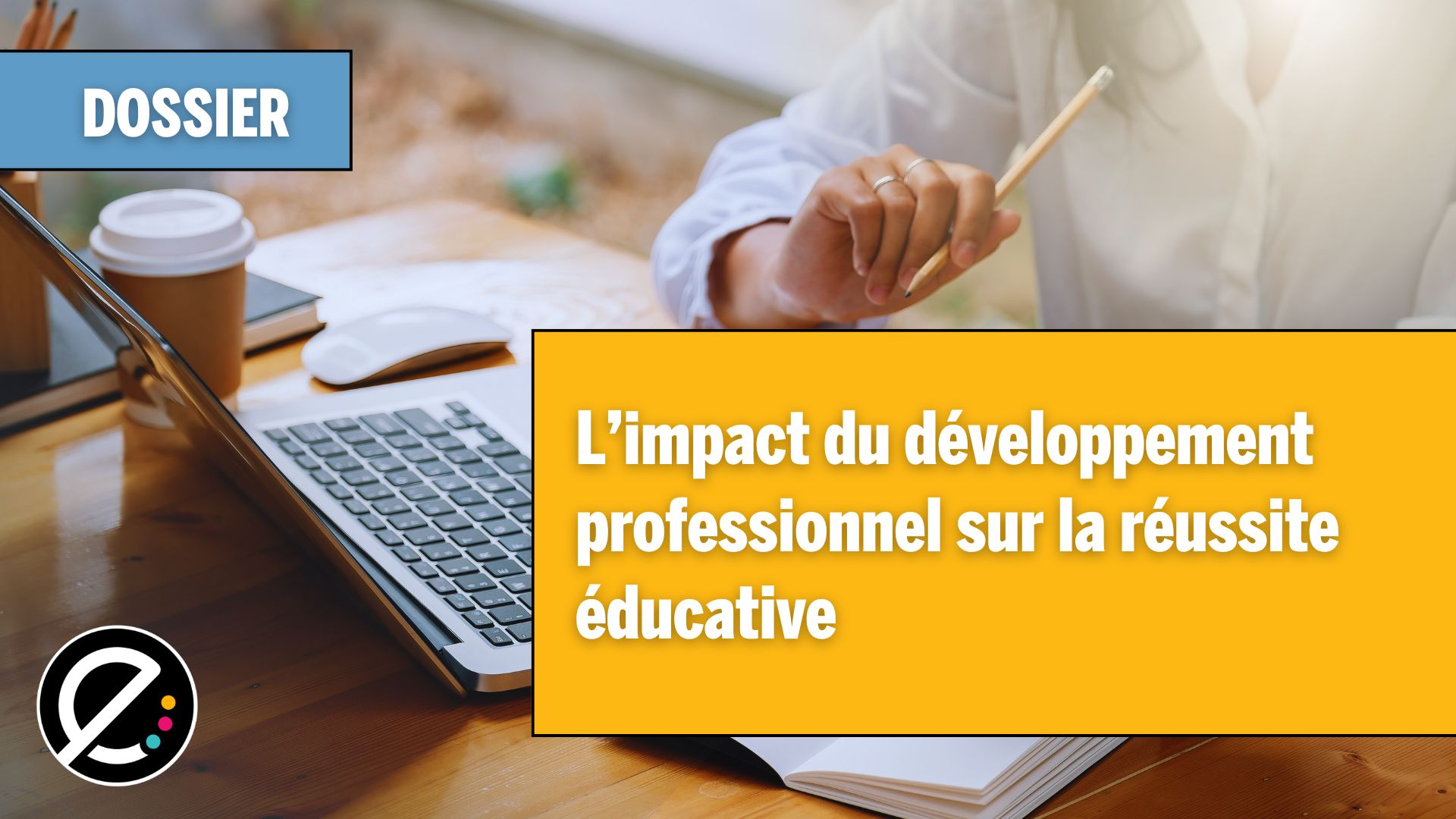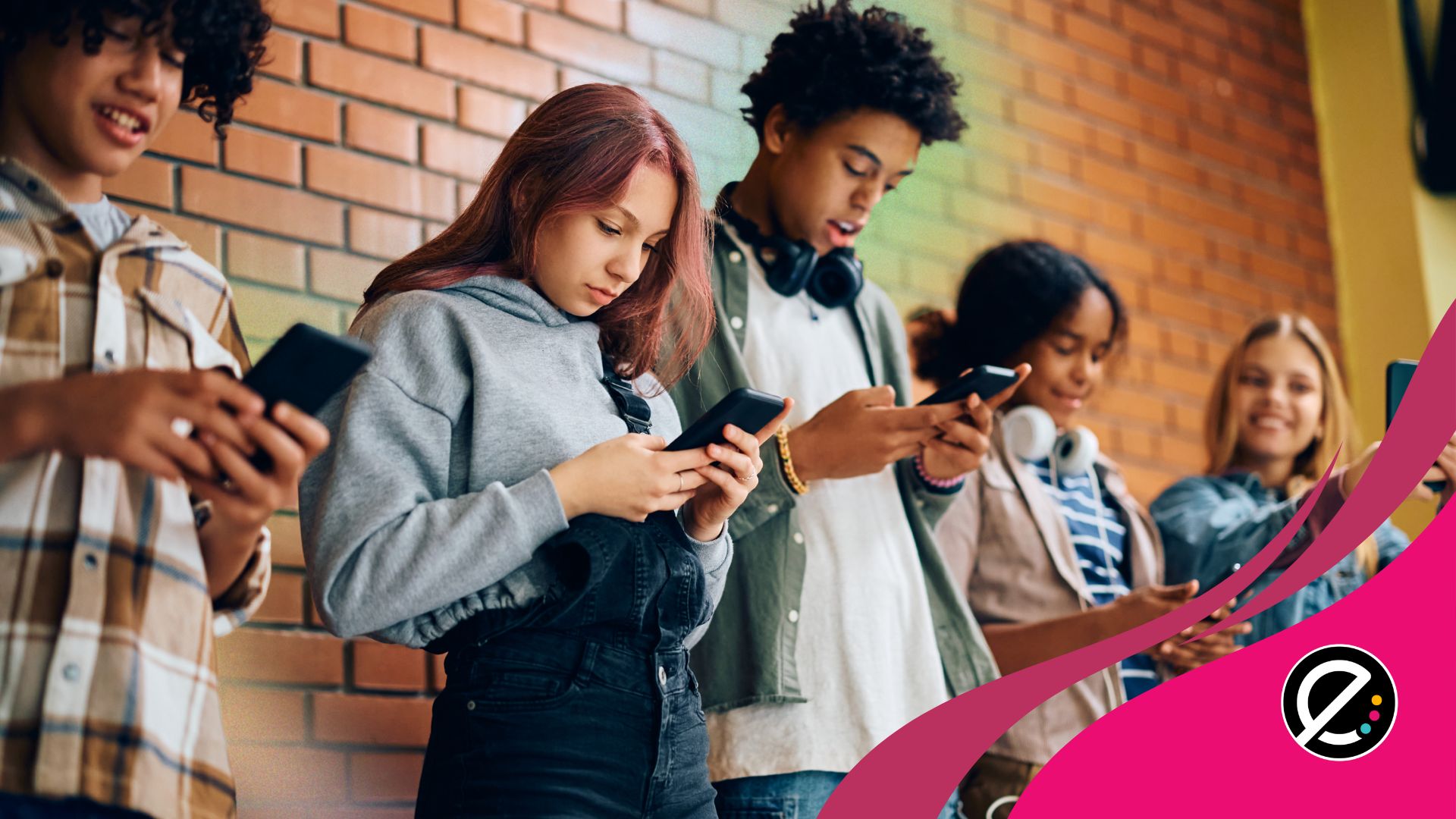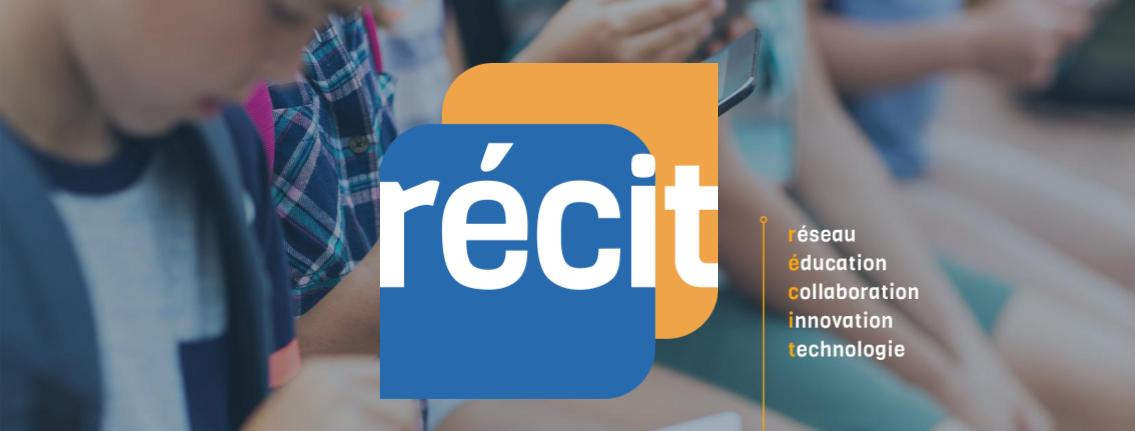L’édition de novembre 2014 du magazine L’Actualité propose un article traitant de la solution qu’a trouvé une mère pour encadrer son ado qui voulait utiliser Facebook : la signature d’un contrat. Comment s’en inspirer en milieu scolaire?
Les règles « officielles » de Facebook demandent à l’utilisateur qui s’enregistre de confirmer qu’il a au moins 13 ans. Donc, techniquement, les jeunes peuvent commencer à l’utiliser au début de leur secondaire. Cependant, avec toutes les histoires d’horreur qu’on entend à propos du réseau social, il est facile de tout simplement interdire son utilisation. C’est d’ailleurs l’approche que de très nombreux établissements adoptent, à l’instar de nombreuses familles, tout simplement.
Pourtant, il existe des exemples d’utilisation bénéfiques de Facebook en contexte éducatif : groupes d’entraide pour les devoirs, groupe de classe privé pour communiquer avec les parents, exercice de commentaire de l’actualité sur les pages des grands médias, expérience d’animation et d’entretien d’une page sur un thème d’intérêt, etc.
Qu’on le veuille ou non, Facebook risque de faire partie de la vie des jeunes (il y aurait 1,32 milliards d’utilisateurs actifs chaque mois dans le monde!). Doit-on l’ignorer complètement en milieu scolaire sous prétexte qu’il est interdit? Il semble que l’attitude proactive donne des résultats plus formateurs. La dame dont il est question dans l’article de L’Actualité a fait signer un contrat en 24 clauses (reproduit à la fin de l’article) à son ado : « La première règle stipule qu’elle participera à la création du compte Facebook de son fils. La deuxième, qu’elle en connaîtra le mot de passe. Elle devra aussi être l’« amie Facebook » de son fils et le rester. Et sous aucun prétexte Nicolas ne pourra restreindre l’accès de sa mère à son profil. » Suite à la présentation de ce contrat, qui expire au 16e anniversaire du jeune concerné, il s’est ensuivi une conversation ouverte entre mère et fils afin que tout soit bien clair. L’ado, toujours selon l’article, a accepté de signer et ne le regrette pas.
En milieu scolaire, de tels « contrats », chartes, ou politiques d’utilisation responsable, existent et semblent fonctionner. La clé, selon plusieurs enseignants, est de faire participer les jeunes à la rédaction de ces politiques. D’ailleurs, ces documents englobent généralement l’utilisation de tout appareil numérique à l’école, qu’il appartienne à l’école ou non.
Dans votre milieu, comment ça se passe? Utilisez le formulaire de commentaire pour partager des liens vers vos propres politiques!
—
Pour aller plus loin, consultez ce document à l’intention du personnel des écoles conçu par la Commission scolaire des Sommets. On y trouve des guides intéressants.
Voyez aussi cette situation d’apprentissage en ECR sur la création d’un blogue, incluant une dimension de rédaction d’une charte, qui peut certainement être adaptée pour d’autres domaines.
@ecolebranchee «Mon avatar» http://t.co/KB8g4AtWWB propose l'exploration de règles tirées des médias sociaux ou de jeux en ligne.
— Benoit Petit (@petitbenoit) 14 Novembre 2014
@ecolebranchee «Mon identité numérique» http://t.co/3ivASmYHnr propose également l'élaboration de règles personnelles d'utilisation des MS.
— Benoit Petit (@petitbenoit) 14 Novembre 2014
@millaudrey Spécifiquement sur l'utilisation des réseaux sociaux. Charte: http://t.co/HUh9Jx65h1 Son élaboration: http://t.co/01nuRvUcti
— Jeunes et médias (@Jeunesetmedias) November 14, 2014
—
Un article sur TeachThought : A Student-Centered Universal BYOT Policy Template For Schools (merci à @fguite!)
La veille de @zecool sur Diigo à propos des « AUP » (Acceptable Use Policies)…






